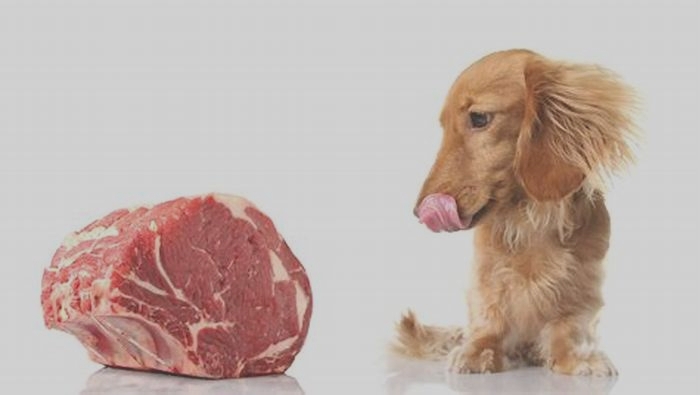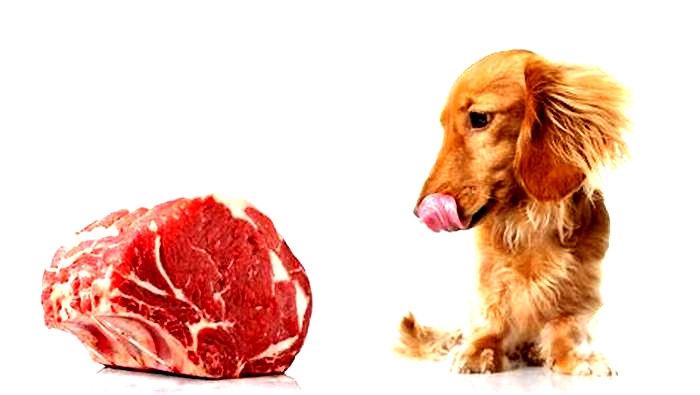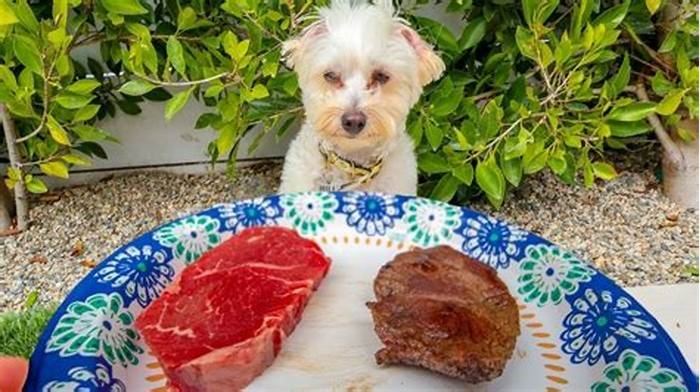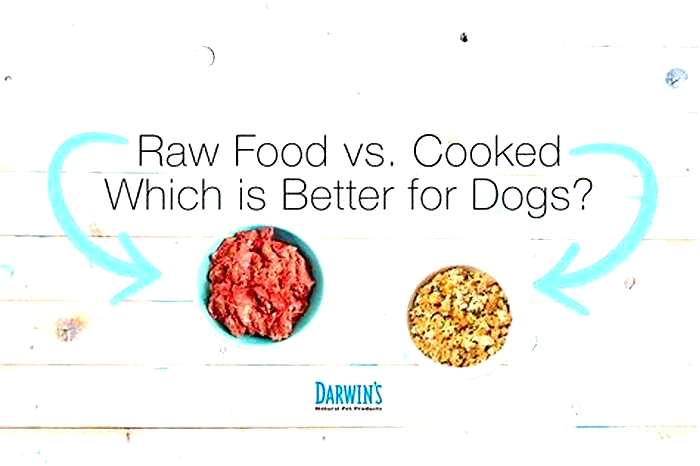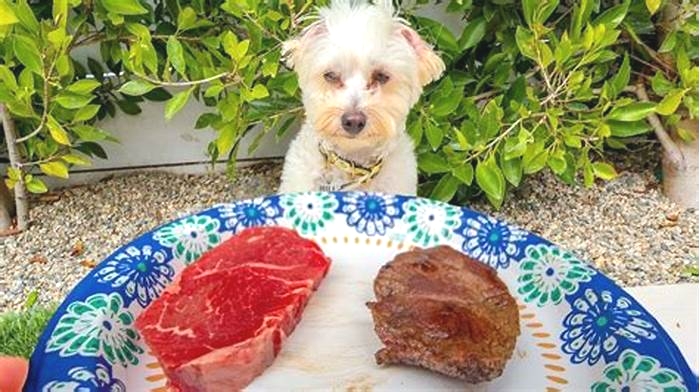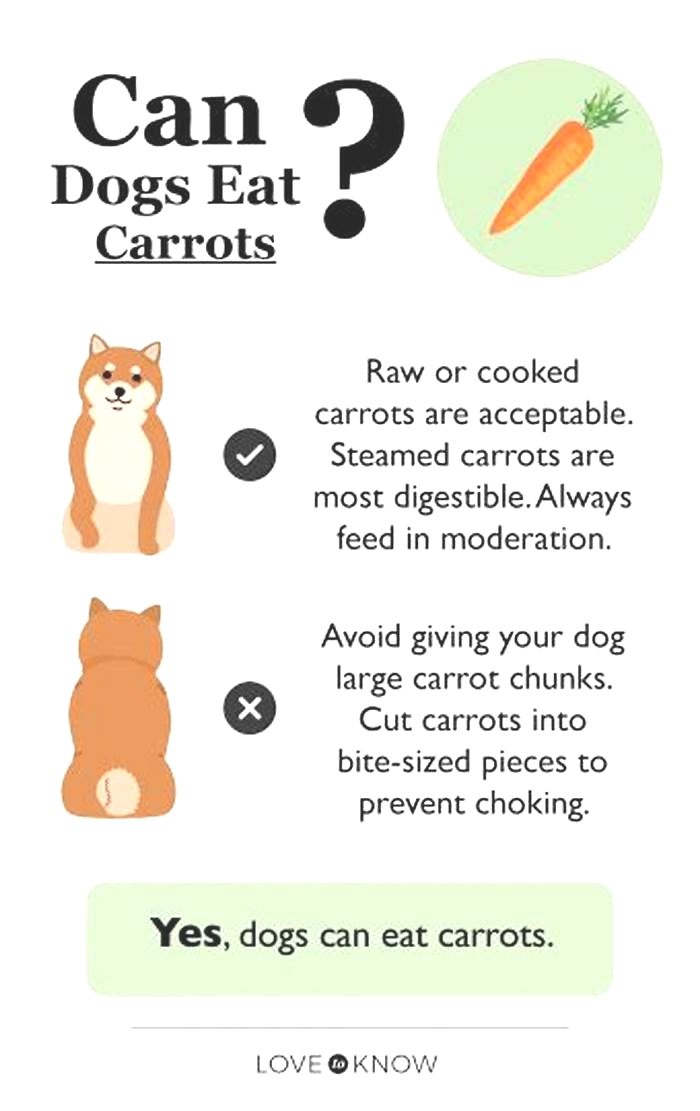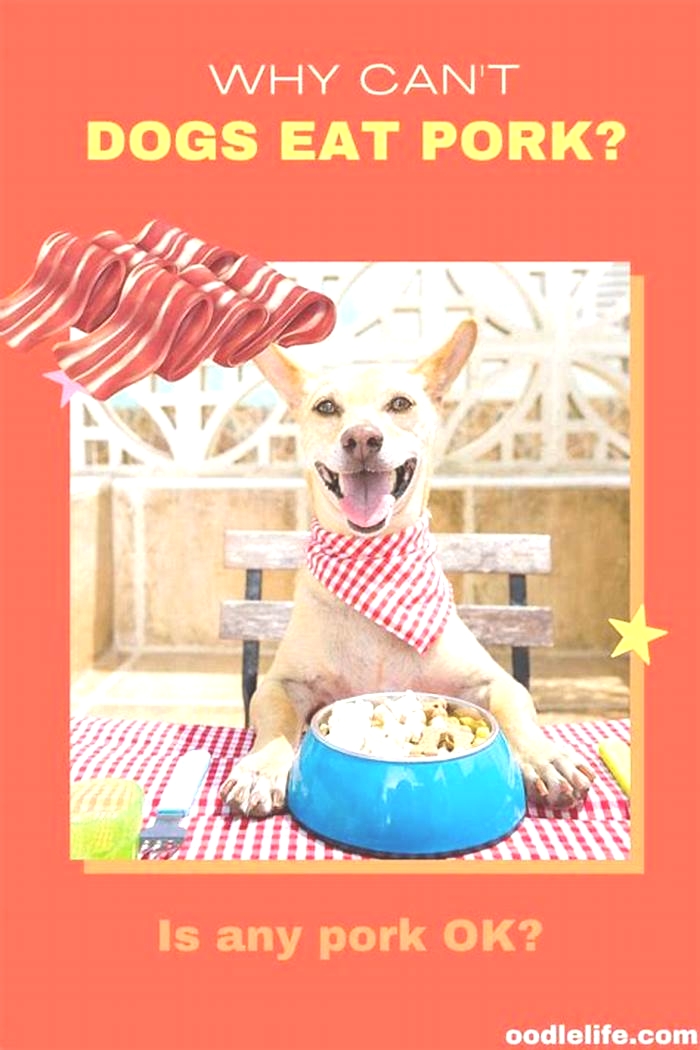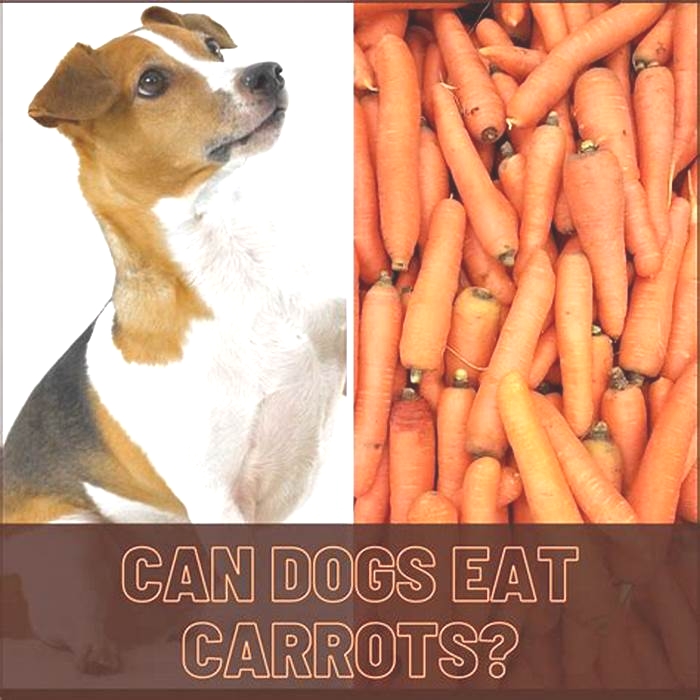Can dogs eat raw and cooked meat together
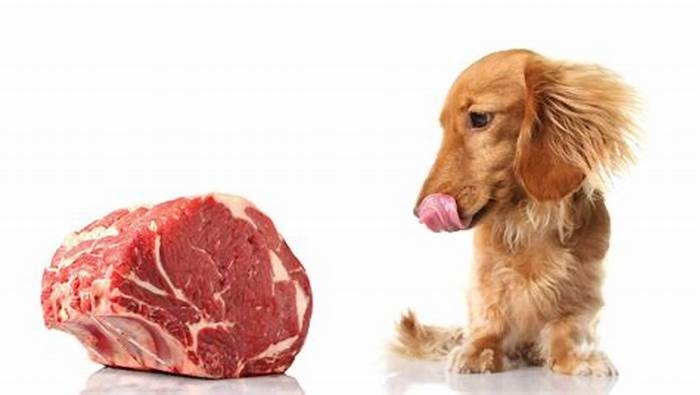
The Truth About Raw and Cooked Chicken: Can Dogs Eat It?
Chicken is a popular food choice for humans, but what about our furry friends? As a dog owner, you want to provide your canine companion with a safe and nutritious diet. One common question that arises is whether dogs can eat chicken and, if so, whether it should be raw or cooked.
Understanding the benefits and potential risks of feeding chicken to dogs can help you make informed decisions about their dietary needs. So, let's explore the world of chicken and its implications for our furry friends.
Nutrients of Raw and Cooked Chicken for Dogs:
- Raw and cooked chicken is rich in high-quality proteins essential for muscle growth, repair, and immune support.
- Raw chicken contains vital amino acids, such as arginine and taurine, necessary for various bodily functions.
- Cooking alters the nutrient composition of chicken, affecting digestibility, availability of vitamins and minerals, and fatty acid profiles.
Can Dogs Eat Raw and Cooked Chicken?
Whether dogs can eat raw or cooked chicken is a common concern for many dog owners. Let's explore both options:
Raw Chicken: Dogs are descendants of wolves and, as such, have some tolerance for raw meat. However, feeding raw chicken to dogs comes with potential risks. Raw chicken can be contaminated with bacteria such as salmonella or campylobacter, which can cause foodborne illnesses in dogs. Furthermore, raw chicken bones can pose a choking hazard or lead to intestinal obstructions. It's crucial to consult with your veterinarian before feeding raw chicken to ensure you know the potential risks and can make an informed decision.
Cooked Chicken: Cooked chicken is generally safe for dogs if it is boneless, skinless, and properly cooked. Cooking chicken thoroughly helps eliminate harmful bacteria and reduces the risk of foodborne illnesses. However, avoiding seasoning, spices, and excessive salt is essential, as these can harm dogs. Additionally, cooked chicken bones should never be given to dogs, as they can splinter and cause serious internal injuries.
Salmon oil for dogs can be a beneficial addition to your dog's diet, whether you feed them raw or cooked chicken. Here's how to include it:
Raw Chicken: Mix a small amount of salmon oil with the raw chicken to provide extra omega-3 fatty acids for your dog's skin, coat, and overall health. Additionally, salmon oil's anti-inflammatory properties may help alleviate allergies in some dogs. Consult your vet for guidance.
Cooked Chicken: Drizzle a small amount of salmon oil over cooked chicken to enhance flavor and offer the benefits of omega-3 fatty acids. Use boneless, skinless, and properly cooked chicken without seasoning. Salmon oil's anti-inflammatory properties can also assist in managing allergies.
Start with small amounts of salmon oil and gradually increase. Consult your vet for personalized advice on incorporating salmon oil into your dog's diet.
What to Consider Before Giving Your Dog Raw and Cooked Chicken
Health and Age Factors
Consider your dog's health conditions, immune system strength, and specific dietary restrictions. Puppies, seniors, and pregnant dogs may have different dietary needs. Consult your veterinarian for guidance tailored to your dog's requirements.
Handling and Preparation
Practice proper hygiene when handling raw chicken to minimize bacterial contamination risks. Ensure thorough cleaning of surfaces and utensils, and wash your hands afterward. When cooking chicken, remove bones and avoid harmful seasonings.
Portion Control and Balanced Diet
Chicken should be part of a balanced diet, not the sole focus. Consult a veterinarian or canine nutritionist to determine appropriate portions and ensure your dog receives a well-rounded diet.
Allergies and Sensitivities
Certain dogs may exhibit allergies or sensitivities toward chicken. Monitor your dog for any adverse reactions or digestive issues after introducing chicken into its diet.
Feeding Frequency
Consider how often you plan to incorporate chicken into your dog's meals. Maintaining a consistent feeding schedule is essential for their digestive health.
By considering these factors, you can make informed decisions about incorporating raw or cooked chicken into your dog's diet and ensure their well-being.
Conclusion
Feeding chicken to dogs can be a nutritious addition to their diet, but it's crucial to consider important factors and make informed decisions. While cooked chicken, without bones or harmful seasonings, is generally a safer choice, it's essential to consult with your veterinarian to determine the best approach for your dog. Regarding raw chicken, it's essential to weigh the risks and benefits and seek professional guidance.
Can Dogs Eat Raw Meat?
NOTE: Always check with your veterinarian first before giving your dog any new foods, especially people foods. What might be OK for one dog might not be good for your dog, depending on multiple factors, such as their age, health history, health conditions, and diet. Dogs on prescription diets should not be fed any food or treats outside the diet.
If youve heard about raw dog food, you may be wondering if its safe to feed your dog uncooked meat. Fans of raw food diets for dogs claim that feeding your dog raw meat offers health benefits that processed dog food doesnt have. The idea is that raw meat is closer to what their canine ancestors would have eaten in the wild, and therefore a better option for digestion and nutrient absorption.
But it's not that simple. Dogs today are domestic pets who live longer lives in the comfort of home, unlike the wild dogs and wolves who roamed the earth before Fido graduated to the sofa. While their bodies do still have the ability to digest raw animal protein, it's not a good idea to feed them raw meat. That's because raw meat and fish can cause serious health issues like food poisoning, which can even make you and other members of your household sicknot just your dog.
Keep reading to learn more about the risks of feeding your dog raw meat, and how to ensure they get the nutrients they need from safe sources instead.
Is Raw Meat Good for Dogs?
Dogs are natural carnivores that can digest raw meat, but that doesn't necessarily mean raw meat is good for them. Uncooked meat can harbor harmful bacteria such as salmonella, E. coli, and Listeria, which cause foodborne illnesses that can make your dog very sick.
The Centers for Disease Control and Prevention and animal nutrition experts do not recommend feeding a raw food diet for dogs. Instead, choose aregular balanced dog food diet that contains all the nutrients needed to keep your pet healthy.
That said, if your dog eats a small amount of raw meat that falls on the floor while you're cooking, they'll likely be fine. But even a small amount of E. coli or Salmonella can be harmful, so monitor your pup for signs of illness and call the vet if you have concerns.
What to Know About Raw Food Diets for Dogs
While occasionally eating fallen bits of raw meat might be fine for your dog, a raw food diet is different. There are several health risks associated with raw food diets. In addition to infections from bacteria like salmonella, E. coli, and Listeria, dogs on a raw food diet may not receive all the nutrients they need from other sources.
In spite of the risks, some pet parents still opt to switch their dog to a raw food diet. Though there are some possible nutritional benefits that your dog could gain from eating raw meat, the health risks of uncooked meat outweigh the benefits. The U.S. Food and Drug Administration advises against feeding your dog raw meat, along with the CDC and the American Veterinary Medical Association.
Switching to a raw food diet should only be done after careful consideration of the potential health risks. Before you decide to feed your dog a raw food diet, talk to your vet about whether its a good idea. Your vet can point you to the best food based on your pups lifestyle and health history.
Can Dogs Die From Eating Raw Meat?
While it's rare for dogs to die from eating raw meat, it's important to take the potential health risks seriously. In addition to the risk of bacterial infections, raw meat can also contain bones that can cause choking or intestinal blockages.
If you're concerned about your dog's health or if they show any signs of illness after consuming raw meat, call your vet.
How to Prepare Meat for Dogs
If you want to add a fresh, healthy protein source to your dog's dish, it's best to opt for cooked meat instead of raw. This will help minimize the risk of bacterial infections and other health issues.
Make Sure Its Cooked
Anytime you prepare meat for your dog, remove any bones or skin that could be a choking hazard. Plain, cooked chicken, turkey, or beef are good options. You'll want to boil or bake it (don't fry!) and remove any excess fat, especially if your dog is overweight or has a condition affecting the pancreas, such as diabetes or pancreatitis.
Avoid Harmful Additives
Avoid any seasonings or spices that can make your dog sick, such asgarlic oronion powder, since both are toxic to dogs.
Cut It Up
Cut meat into bite-sized pieces or opt for ground options that are easier for your pooch to chew and digest.
Talk to Your Vet
As with any new food, check with your vet before making any changes to your dogs diet. Anytime youre adding new ingredients to your dogs bowl (cooked or uncooked), its a good idea to talk to your vet to determine what the best balanced diet looks like for your pet's long-term health.
Featured Image: iStock/Zontica
WRITTEN BY
April Saylor
Freelance Writer
Can Dogs Eat Potatoes?
The humble potato is the key ingredient in French fries, hash browns, tater tots, and many other essential comfort foods. When prepared in a healthy way, white potatoes can be a nutritious food for humans, but can dogs eat potatoes?
The answer is: it depends. Potatoes arent categorically toxic to dogs, like grapes or onions. Potatoes contain vitamin C, vitamin B6, iron, magnesium, and many other vitamins and nutrients that dogs need. But if you dont prepare potatoes properly, or you feed your dog too many, there could be adverse health effects.
Can Dogs Eat Raw Potatoes?
You should never feed your dog a raw potato. White potatoes belong to the nightshade family of vegetables, which includes tomatoes. Like tomatoes, raw potatoes contain solanine, a compound that is toxic to some dogs. However, cooking a potato reduces the levels of solanine.
If you do feed your dog a potato, youll want to bake or boil the potato with no added ingredients (like salt or butter). Potatoes fried in oil, such as French fries or potato chips, or potatoes loaded up with butter or salt, are not healthy for dogs. (One potato chip isnt going to harm your dog, but a whole bag of them is not a healthy choice for your pet.) If your dog has diabetes, its better to avoid feeding them potatoes entirely due how they can cause blood sugar to spike.
A dogs body is designed to get most of its nutrients from animal protein, so if you decide to feed your dog baked or boiled potatoes, you should use them like a treat, make them an occasional addition to meals for variety, and always keep portions small. Giving a dog too many carbohydrates can result in obesity or other health problems.
Can Dogs Eat Sweet Potatoes?
Sweet potatoes are a healthier option than white potatoes because they are much more nutritious than white potatoes. Sweet potatoes contain vitamin A, vitamin C, vitamin B6, calcium, potassium, magnesium, and iron, among other nutrients.
Every dog is different, so start with just a small amount of potato to make sure your dog has no problem digesting it. You should always consult your veterinarian before introducing a new food into your dogs diet.
Can Dogs Eat Salmon?
NOTE: Always check with your veterinarian first before giving your dog any new foods, especially people foods. What might be OK for one dog might not be good for your dog, depending on multiple factors, such as their age, health history, health conditions, and diet. Dogs on prescription diets should not be fed any food or treats outside the diet.
Does your pooch have a penchant for fish? Many dogs like the taste and smell of seafood, but its important to understand the benefitsand possible risksanytime you consider adding a new ingredient to their diet.
Thankfully, when it comes to cooked salmon, your dog is safe. Salmon is a popular ingredient in many types of commercial dog food and is also OK for your dog to eat as a food topper or tasty treat. As with any new food, youll want to be careful not to feed your dog too much salmon to start, and be sure to watch out for any extra ingredients that might be included in typical human recipes (like butter or seasonings) that can be dangerous for dogs to eat.
Keep reading to find out how to safely prepare salmon for dogs, and when youll want to ask your vet for advice.
Is Salmon Good for Dogs?
Salmon can be a great addition to your dogs diet, and many high-quality dog food brands use salmon as a protein source. Unlike some seafood, such as tuna, the U.S. Food and Drug Administration (FDA) reportsthat salmon contains very low levels of mercury.
So, adding a little cooked, plain salmon to your dogs bowl can be a great way to give them an extra boost of flavor and nutrition. A few nutritional benefits of feeding your dog salmon include:
- Omega-3 fatty acids: Salmon is a great source of omega-3s, which are good for dogs skin and coat health, and can even improve mobility for dogs with joint issues or other inflammatory diseases.
- Protein: In addition to being an excellent source of healthy fats, salmon is also a good source of protein, which helps your pooch build and repair muscle tissue. There are many high-quality dog foods that use salmon as a main source of protein, which can be a great option for dogs who have allergies to other proteins like chicken, beef, or lamb.
- Vitamins and minerals: Salmon is also a good source of B vitamins. One important nutrient thats critical for keeping your dogs brain and nervous system healthy is vitamin B12, and salmon is rich in B12.
Just be sure to check with your vet before making any major changes to your dogs diet, especially if your dog has any health conditions or sensitivities.
Can Dogs Eat Salmon Raw?
Even with all the health benefits of salmon for dogs, pet parents should be cautious about feeding their pooch raw or undercooked salmon. Feeding your dog uncooked salmon can make them very sick. Raw and undercooked salmon can contain a parasite known to cause salmon poisoning disease, which can be fatal for dogs if left untreated. So sorry, sushi-sniffing hounds! Baked, broiled, grilled, and boiled fish are all much safer options for dogs to eat.
If your dog does get ahold of raw salmon or raw fish of any kind, give your vet a call so they can help you determine next steps.
Can Dogs Eat Salmon Skin?
If youve baked a nice salmon dinner but dont care much for the skin, its fine to share that leftover bite with your pooch. Salmon skin is safe for dogs to eat. Just be sure the fish has been thoroughly cooked and isnt seasoned with spices or ingredients that are toxic to dogs (like onions, butter, or garlic).
In fact, that scraping of salmon skin can be a great way to give Fido extra nutrients rather than throwing it into the compost if its not to your taste. Salmon skin actually contains even more of the healthy omega-3 fatty acids than the rest of the fish. So if youre not a fan of the skin, topping off Fidos food dish with a small amount of your leftovers can be a win-win for you both. Just remember to feed your dog salmon skin only in small amounts.
How to Safely Feed Salmon to Your Dog
Salmon is a safe snack for dogs, but that doesnt mean you should grill them an entire fish for dinner tonight! Giving salmon as a treat is a good place to start, and you can gradually increase amounts to let your dogs body adjust to the new food. This can help them avoid adverse effects like an upset stomach or diarrhea, which can happen when your dogs usual menu changes.
Any salmon given to your dog should be fresh, cooked, and free from bones, which pose a choking hazard. Avoid any seasonings or extra ingredients, as many common ingredients are not safe for dogs to consume.
Canned salmon is also OK for dogs to eat, but youll want to watch the sodium. While canned salmon in water is a better choice for dogs than salmon packed in oil, rinse it thoroughly to remove any excess salt or oil from the canning process before adding it to your dogs dish.
How Much Salmon Can Dogs Eat?
Feeding small amounts of fresh, cooked, boneless salmon as an occasional treat is considered safeand even healthyfor dogs. But as with any new food, start slow! Its always best to err on the side of caution when it comes to your dogs health.
Here are some general guidelines for how much salmon is safe for dogs to eat, based on their weight:
- Extra-small dog (220 pounds): 12 ounces of fresh, cooked, boneless salmon per week
- Small dog (2130 pounds): 23 ounces of fresh, cooked, boneless salmon per week
- Medium dogs (3150 pounds): 34 ounces of fresh, cooked, boneless salmon per week
- Large dogs (5190 pounds): 46 ounces of fresh, cooked, boneless salmon per week
- Extra-large dogs (over 90 pounds): 68 ounces of fresh, cooked, boneless salmon per week
Note that these are just general guidelines. Its always best to check with your vet before making major changes to your furry friends food bowl.And remember: Raw seafood can contain harmful bacteria and/or parasites that can cause illness in dogs.
Featured Image: iStock/O_Lypa

